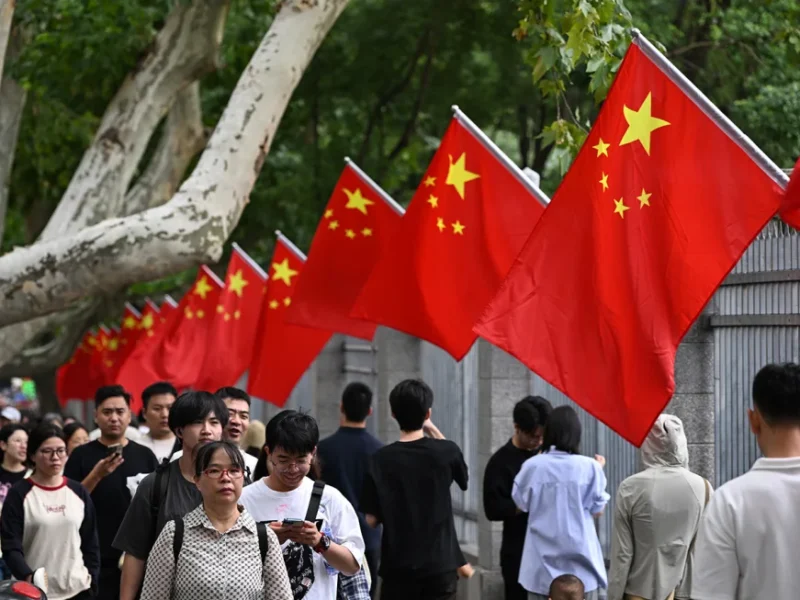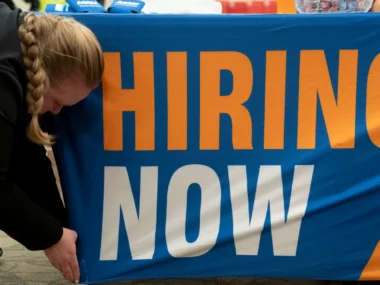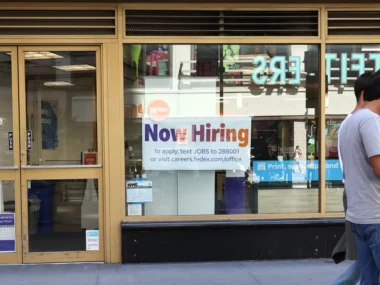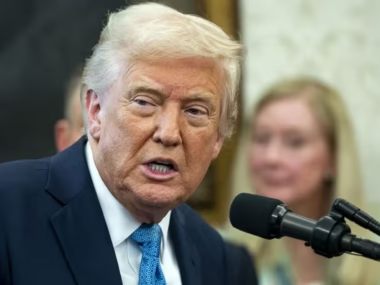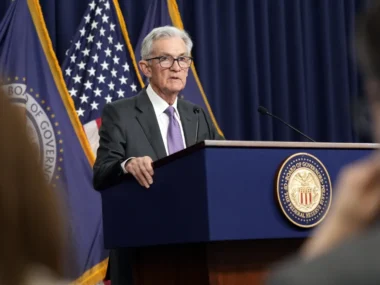Since China reopened following the COVID-19 pandemic, its economy has struggled to regain strength over the past year. Young graduates face job shortages, professionals endure pay cuts and layoffs, entrepreneurs grapple with debt, and middle-class families see their wealth decline due to falling property prices. Meanwhile, wealthy individuals are moving their assets abroad.
As China approached the 75th anniversary of the People’s Republic, the atmosphere was marked by pessimism, summed up in the phrase “the garbage time of history,” reflecting a sense of futility in economic recovery. This stands in stark contrast to the optimism during the 2019 National Day celebrations when China seemed poised to overtake the U.S. as the world’s largest economy. Today, concerns focus on whether China might follow Japan’s path of prolonged stagnation after its housing bubble burst in the 1990s.
In response to worsening economic data, President Xi Jinping approved a long-awaited stimulus package to restore confidence. The central bank introduced measures aimed at countering deflation, including freeing up lending and lowering borrowing costs for households and businesses. Additionally, the government announced rare financial support for disadvantaged citizens and subsidies for struggling job seekers.
On Thursday, the Politburo, breaking tradition, focused its meeting on the economy, acknowledging the challenges and pledging action to increase fiscal spending, stabilize the property market, and improve employment opportunities for graduates and migrant workers. This series of initiatives, according to economist Xu Tianchen, highlighted the urgency to support the economy.
The stimulus sparked a dramatic rise in the stock market just before China’s week-long national holiday. Chinese blue-chip stocks surged over 15% last week, marking their best performance in nearly 16 years, while Hong Kong’s Hang Seng index climbed 13%, achieving its biggest weekly gain since 1998. Despite weak factory activity in September, trading volume in Shanghai and Shenzhen hit a record 1.8 trillion yuan ($228 billion) on Monday.

Tourists gather at an ancient city gate in Beijing, China, ahead of National Day celebrations.
Impressive Recovery.
Even prominent investors are showing enthusiasm for the rally. David Tepper, the billionaire founder of Appaloosa Management, stated in a CNBC interview that he is increasing his investments in “everything” related to China.
While the stock market appears to be experiencing a significant recovery, economists argue that addressing China’s economic downturn will require more extensive efforts.
“Stimulating the stock market doesn’t significantly impact China’s real economy, as very few people invest in stocks compared to other major markets,” said Logan Wright, director of China markets research at Rhodium Group. According to Barclays economists, Chinese households have lost approximately $18 trillion in wealth due to a decline in the housing market, equating to about $60,000 per three-person household—nearly five times China’s per capita GDP.
Wright noted that the stimulus package may give the impression that the leadership is more reactive and responsive to the economic downturn, which has generated some positive sentiment recently. However, it doesn’t alter the structural outlook.
Wright emphasized that China’s long-standing investment-driven growth has hit a “dead end,” necessitating fundamental changes to its fiscal system, such as income redistribution and increased transfers to households, to shift towards a more sustainable consumption-led growth model.
The recent measures announced do little to tackle the fundamental structural issues hindering economic growth.
China has consistently maintained one of the world’s highest saving rates. While temporary cash handouts and subsidies might enhance short-term consumption, robust social welfare and healthcare systems are crucial for encouraging Chinese households to spend more over the long term, especially after the collapse of the property sector, where many have invested their savings.
Housing Challenges.
The outlook for the real estate sector, which constitutes about 25% of the Chinese economy and 70% of household wealth, appears bleak.
“There’s not much Beijing can do,” Wright stated. “In many ways, the adjustment in the property sector is nearly complete, and policy efforts have not effectively stabilized it.”
After years of growth, China’s real estate market is experiencing its fourth consecutive year of contraction, following a crisis that began in 2020 when the government imposed restrictions on developers’ excessive borrowing to manage their debt. Efforts to revive the market have struggled to boost demand, with new home prices continuing to decline.
In an attempt to support the struggling property market, Guangzhou has become the first tier-one city in China to lift all home purchase restrictions, while Shanghai and Shenzhen have also eased rules for buyers.
The country has an oversupply of empty apartments, insufficient to accommodate its 1.4 billion population. Compounding the issue, the population has been shrinking for the past two years, a demographic trend that could further hinder future growth. The government’s initiatives to promote childbirth have not succeeded, as many young people are postponing or completely forgoing marriage and parenthood. This is partly due to feelings of exhaustion and frustration over the intense competition known as “involution,” which pressures them to excel academically and professionally. Some have adopted a mindset of “lying flat” or “letting it rot,” responding passively to societal pressures by doing only what is necessary to get by.
These trends reflect a growing sense of despair among disenchanted youth in China. Many find their lives increasingly at odds with the upward trajectory promised by Xi’s “China dream,” a vision of national rejuvenation.
Having been raised during a time of rapid economic growth and improving living standards, China’s Gen-Zs now confront the possibility of not surpassing their parents, who accepted limited freedoms for the sake of prosperity.
In recent years, China’s youth have witnessed a decline in personal freedoms under Xi’s authoritarian regime, alongside diminishing job prospects in a struggling economy.
Xi’s crackdown on the private sector, from major tech companies to tutoring services, has eliminated numerous job opportunities for recent graduates. The youth unemployment rate reached 18.8% in August, the highest since the authorities changed their methodology last year to exclude students.
This situation poses a potential challenge for the Communist Party, which has relied on the country’s remarkable growth for its legitimacy. As economic growth slows, Xi has strengthened another pillar of the regime’s legitimacy: nationalism, which he is expected to highlight during the country’s 75th anniversary celebrations on Tuesday.
However, Alfred Wu, an associate professor at the Lee Kuan Yew School of Public Policy, stated that Chinese leaders are not ready to abandon the narrative of economic performance.
“They want to restore confidence in the economy, but the Communist Party faces a significant challenge: they lack effective solutions to address the economic slowdown.”

